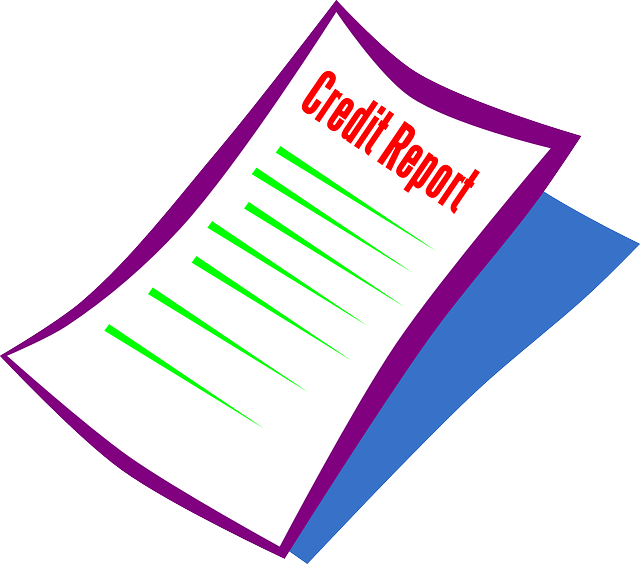Understanding closing costs in real estate is crucial for buyers and sellers to make informed decisions, negotiate better terms, save money, and ensure a smoother transition to homeownership. By factoring legal fees, appraisal costs, title insurance, and taxes into budgets, individuals can avoid unexpected expenses and strategically reduce costs in the competitive market.
In the realm of real estate, understanding closing costs is key to unlocking significant savings. These fees, often overlooked, can significantly impact your financial bottom line. This article guides you through the intricacies of closing costs in real estate and how they affect your savings. We explore effective strategies to minimize these expenses, empowering buyers and sellers alike to navigate the process with greater financial awareness and efficiency.
Understanding Closing Costs in Real Estate

In the dynamic world of real estate, understanding closing costs is paramount for both buyers and sellers. Closing costs refer to a collection of fees associated with finalizing a property transaction. These expenses can include various items such as appraisal fees, inspection costs, title search charges, and various legal fees. By comprehending these costs upfront, prospective homeowners can make more informed decisions, ensuring their financial plans align with their new property ownership aspirations.
Additionally, recognizing different closing cost components allows buyers and sellers to negotiate better terms or explore options that minimize these expenses. In the intricate process of real estate transactions, being armed with knowledge about closing costs can significantly impact the overall savings and make the transition to homeownership smoother.
How Closing Costs Impact Your Savings

Closing costs, a common concern in real estate transactions, can significantly impact your savings. These fees, which cover various expenses associated with buying or selling property, are often overlooked but can add up to a substantial amount. From legal fees and appraisal costs to title insurance and taxes, each element contributes to the overall closing cost burden.
When considering a property, it’s crucial to factor in these additional charges to accurately assess your financial outlay. Neglecting to account for closing costs might lead to unexpected expenses, reducing your potential savings. By understanding and planning for these costs, buyers and sellers can make more informed decisions, ensuring their financial goals are met and their real estate journey is as smooth as possible.
Strategies to Minimize Expenses at Closing

When navigating the real estate market, buyers and sellers alike can reduce closing costs by employing certain strategies. One effective method is to negotiate with the realtor and close on a day when the settlement fees are lower, such as towards the end of the month when lenders may have fewer transactions to process.
Another approach involves shopping around for mortgage rates and choosing a lender that offers competitive fees. Additionally, reviewing the closing disclosure thoroughly before signing can help identify and dispute any unexpected or unnecessary charges. By implementing these strategies, individuals can maximize their savings during the real estate transaction process.






